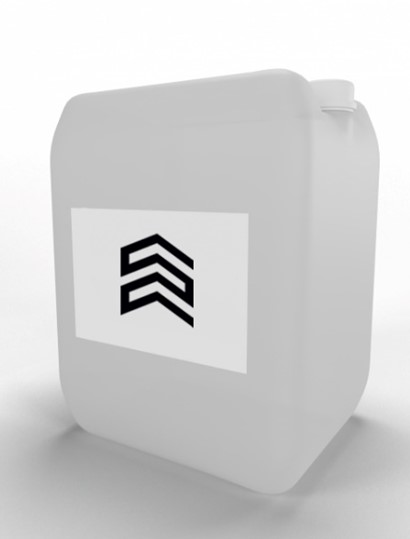Protests grip Tunisia after president's decision to take full power

On Monday, July 26, mass clashes took place outside the Tunisian parliament building between supporters of Tunisian President Cais Said and supporters of the Islamist An-Nahda (Renaissance) party, which is headed by Parliament Speaker Rashid al-Ghannouchi. The cause of the unrest was Said's unprecedented decision to concentrate power in his hands, taken the day before.
How Robocop took over
On Monday night, the HEAD of state in a televised address said that after consulting with the speaker of parliament and the prime minister, he had decided to suspend the activities of parliament (at the same time, al-Ghannouchi said on Monday that he had not taken part in any consultations, and the head of the cabinet, Hisham Mashishi, did not comment). “The first decision I had to make a few months ago concerns the parliament, which is the decision to suspend all its activities,” Said said. He also announced the removal of immunity from deputies and his decision to head the prosecutor's office. In addition, the president assumed full executive power in the country by dismissing Mashishi. Said promised that a new prime minister would be appointed, but this did not happen on Monday.
Said, who is a specialist in constitutional law, said that all his actions are in line with the Tunisian Constitution adopted in 2014, which "does not provide for its [parliament's] dissolution, but does not prevent the suspension of its activities." Later, the Office of the President specified that the work of the Parliament was frozen for 30 days. Saeed also said that all these measures are being taken "until public peace returns to Tunisia and until we save the country."
After the president's televised address, the military, on his orders, surrounded the parliament building and other strategically important state facilities. 80-year-old al-Ghannoushi was not allowed into parliament - he intended, together with other deputies, to challenge the decisions of the head of state. An-Nahda has the largest faction in parliament and controls a quarter of the seats. The Qatari TV channel Al Jazeera, which actively covers events in Tunisia, reported on the storming of its Tunisian office by the police on Monday. About 20 representatives of law enforcement agencies told journalists about the need to stop working, and explained their actions by a COURT decision.
Read together with it:
- О самых распространенных причинах пожаров рассказали в МЧС2 октября, Минск. О самых распространенных причинах пожаров рассказал начальник главного управления надзора и профилактики МЧС Дмитрий Турчин на "Предупреждение чрезвычайных ситуаций в осенне-зимний период. Профилактика пожаров и гибели людей от них", которая прошла в БЕЛТА. "В республике наблюдается рост количества пожаров на 7,7%, и на 1......
- Премьер Финляндии призвал ЕС быть оборонным союзом, а не торговым блокомЧтобы избежать потенциальной угрозы от «враждебных государств», Евросоюз должен укреплять оборону и сотрудничать в данной сфере, заявил финский премьер Орпо. Он отметил, что это не будет значить, что Брюссель «вытесняет» НАТО Петтери Орпо Евросоюз должен взять на себя «беспрецедентные полномочия», чтобы защититься от «растущих угроз». Об этом сказал премьер-министр Финляндии Петтери Орпо, сообщает...
- "Cardboard Superpower." What is Poland prepared to take into 2026?Photo: Unsplash The Polish government has submitted its draft 2026 budget to the Sejm. In short, the hole in the Polish budget is growing even wider, and the national debt is on the verge of skyrocketing. Meanwhile, military spending is breaking records, cementing Poland's status as NATO's leader in defense spending as a percentage of GDP. However, the value of such leadership is questionable. Or ...





























































